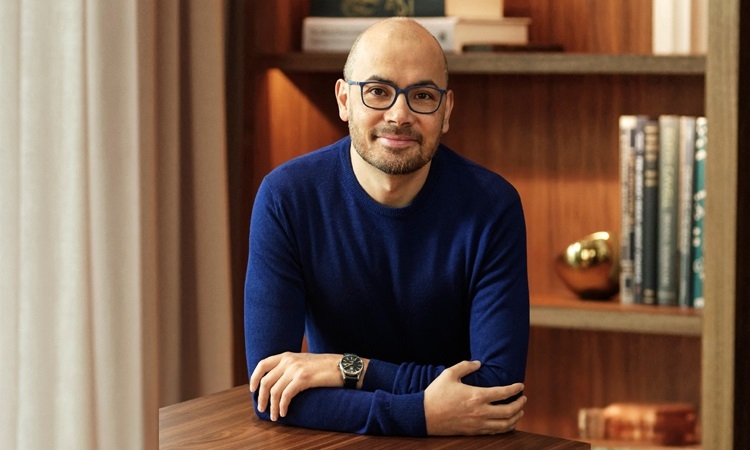Demis Hassabis, winner of the 2024 Nobel Prize in Chemistry – a pioneer in artificial intelligence (AI) techniques, thinks “work all your life because this will be the most beneficial technology for humanity”.
The contribution of Hassabis, 48 years old, CEO of Google DeepMind in the UK to winning the Nobel Prize is an AI model called AlphaFold2. Thanks to this model, researchers can predict the structure of all 200 million proteins, the exact shape of the protein with atomic precision, at scales as large as minutes.
Sharing right after hearing the news of receiving the Nobel Prize in Chemistry, Hassabis said “chess is what brought him to AI because he was thinking and looking for ways to improve his own thinking process.”
Viewing himself as a “cautious optimist”, Hassabis said: “I have worked all my life thinking that this would be the most beneficial technology for humanity, but something as powerful and revolutionary as So it always comes with risks.”
Hassabis’s childhood was spent playing chess, then making video games, then studying neuroscience. In all three of these areas Hassabis was recognized with awards.
While studying neuroscience at the University of London, Hassabis hopes to learn more about the human brain with the goal of improving AI. In 2007, Science magazine ranked his research in the top 10 breakthroughs of the year. He later became a co-founder of DeepMind in 2010, focusing on using artificial neural networks based on the human brain and AI to beat human players in chess and video games.
Google bought the company four years later. In 2016, DeepMind became famous around the world when their AI computer program AlphaZero defeated the world’s top Go master. A year later, AlphaZero defeated the world champion chess software Stockfish, and also conquered several video games. The focus of the show is not to entertain or win but to expand the capabilities of AI. “That’s the kind of learning technique that sparked the modern AI renaissance,” Hassabis said.
Hassabis then directed the strength he built into protein. These are the building blocks of life, taking information from DNA and turning cells into something specialized like brain cells or muscle cells.
By the late 1960s, chemists knew the sequence of the 20 amino acids that make up proteins would allow them to predict three-dimensional structures that could twist and fold. But for 50 years, no one has been able to accurately predict these 3D structures. There’s even a semi-annual competition called the “protein olympics” for chemists who want to try their hand at it.
In 2018, Hassabis and his AlphaFold program entered the competition. Previous predictions have been at best 40% accurate. AlphaFold achieves nearly 60% accuracy. Two years later, the program worked so well that a 50-year-old problem was resolved. About 30,000 scientific articles today cite AlphaFold, according to DeepMind scientist John Jumper, who shared the Nobel Prize in Chemistry with Hassabis and American biochemist David Baker.
In 2022, Dr. Demis Hassabis along with John Jumper received the special VinFuture Award worth 500,000 USD for scientists in pioneering new fields with the AlphaFold program. Demis Hassabis and his development colleagues used deep learning to predict protein structure.
Using this system, biologists can study to understand how proteins interact and function. Furthermore, designing new proteins allows faster drug discovery and decoding of disease-causing gene variants.
“AlphaFold is used by more than two million researchers to advance important work from enzyme design to drug discovery,” Hassabis said.
Hassabis was born in London, the son of a Greek-Cypriot father and a Singaporean mother. Hassabis started playing chess when he was 4 years old and became a grandmaster at 13 years old.
